Essential First Aid Supplies for Backcountry & Wilderness Adventures
/Be Prepared for the Unexpected — A Guide for Outdoor Enthusiasts and Future First Responders
backpacker hiking through forest
The Value of Preparedness in the Outdoors
As we move into the warmer months, more people head into the backcountry for hiking, paddling, camping, and exploration. While the outdoors can be incredibly rewarding, it also brings real risks — injuries, illness, environmental exposure, or getting stranded far from help.
When you’re hours or days from emergency services, your first aid kit — and your ability to use it — becomes your lifeline. Whether you’re solo, with a group, or come across someone in distress, having the right supplies and wilderness first aid knowledge is critical.
At Delta Emergency Support Training, we encourage all outdoor adventurers to be equipped with a kit based on Red Cross Wilderness First Aid standards, and to pursue formal training if you plan to spend time off-grid.
🧭 What to Pack: Wilderness First Aid Essentials
Here’s a practical, space-efficient list of items to pack. It covers a wide range of common outdoor emergencies without weighing down your pack. Every item is selected for its usefulness, multi-purpose capability, and portability.
🩹 Wound & Injury Management
Adhesive bandages (various sizes): For cuts, blisters, and scrapes.
Sterile gauze pads & medical tape: To dress and protect larger wounds.
Antiseptic spray or wipes: To clean wounds and reduce infection risk.
Antibacterial ointment (e.g., Polysporin): Helps with healing and infection prevention.
Butterfly bandages or wound closure strips: For minor lacerations.
SAM splint: Lightweight, moldable aluminum splint for fractures or sprains.
Triangular bandage: Versatile for slings, head wraps, pressure dressings, or tying splints.
Elastic (tensor) bandage: For wrapping sprains or compressing joints.
Nitrile gloves (2 pairs): Essential for infection control when treating others.
🧰 Tools & Utilities
Tweezers: For removing ticks, splinters, or debris.
Trauma shears or compact scissors: For cutting bandages or clothing.
Safety pins: For securing triangular bandages or improvised gear.
CPR mask or face shield: If you're trained to give rescue breaths.
Emergency blanket (Mylar): For warmth, treating shock, or creating shelter.
Whistle: For signaling help in low-visibility areas.
Headlamp or flashlight (with extra batteries): For nighttime first aid or navigation.
💊 Medications & Health
Ibuprofen or acetaminophen: For pain, inflammation, or fever.
Antihistamines (e.g., diphenhydramine/Benadryl): For allergic reactions to bites, plants, or foods.
Anti-diarrheal tablets: For managing dehydration-related illness.
Oral rehydration salts or electrolyte tabs: Prevents dehydration during exertion or illness.
Personal medications: In clearly labeled containers (e.g., epinephrine auto-injector, asthma inhaler).
🌿 Environmental Care
Sunscreen (small tube): Prevents burns and overheating.
Lip balm with SPF: Protects lips from wind and sun.
Bug repellent wipes or spray: Helps prevent bites and insect-borne illness.
Aloe vera gel or hydrocortisone cream: Treats sunburns or itchy skin.
💧 Survival & Hydration
Water purification tablets or mini filter straw: For treating questionable water sources.
Ziploc bags or dry bag: To keep supplies dry and organized.
Duct tape (small roll or wrapped around water bottle): Useful for gear repair or even medical splinting.
🧠 Field Use Tips: Improvising with What You Have
In the wilderness, you may not have every tool — but you likely have items that can double as medical gear in a pinch. Here’s how:
Everyday ItemEmergency UseBandana or BuffSling, tourniquet, or head wrapDuct tapeSplinting, securing bandages, sealing woundsCredit cardScraping insect stingersT-shirt or towelPressure dressing, padding, or bandageZip-tie or cordSecuring splints or gearTampons/sanitary padAbsorbing blood from wounds or nosebleeds
🧭 Why All of This Matters
When you're out of cell range or deep in remote areas, help isn't minutes away — it could be hours or days. You could be:
Alone and injured
Caring for a friend or family member in distress
Stumbling across a stranger in need of help
Without service, your training and your kit are your best tools.
📚 Train with the Red Cross & Delta Emergency Support Training
Want to be ready for emergencies in the outdoors — or even take the first step toward a career as a paramedic or firefighter? We offer:
Red Cross Wilderness & Remote First Aid
Advanced First Aid (AFA)
Emergency Medical Responder (EMR)
Led by active paramedics and firefighters, our programs go beyond the basics and prepare you for real-world emergencies.
🚑 Be the Help Until Help Arrives
You don’t need to carry a hospital in your backpack. But with a smartly packed kit and the right training, you can respond confidently in critical moments — until rescue arrives or help is found.



